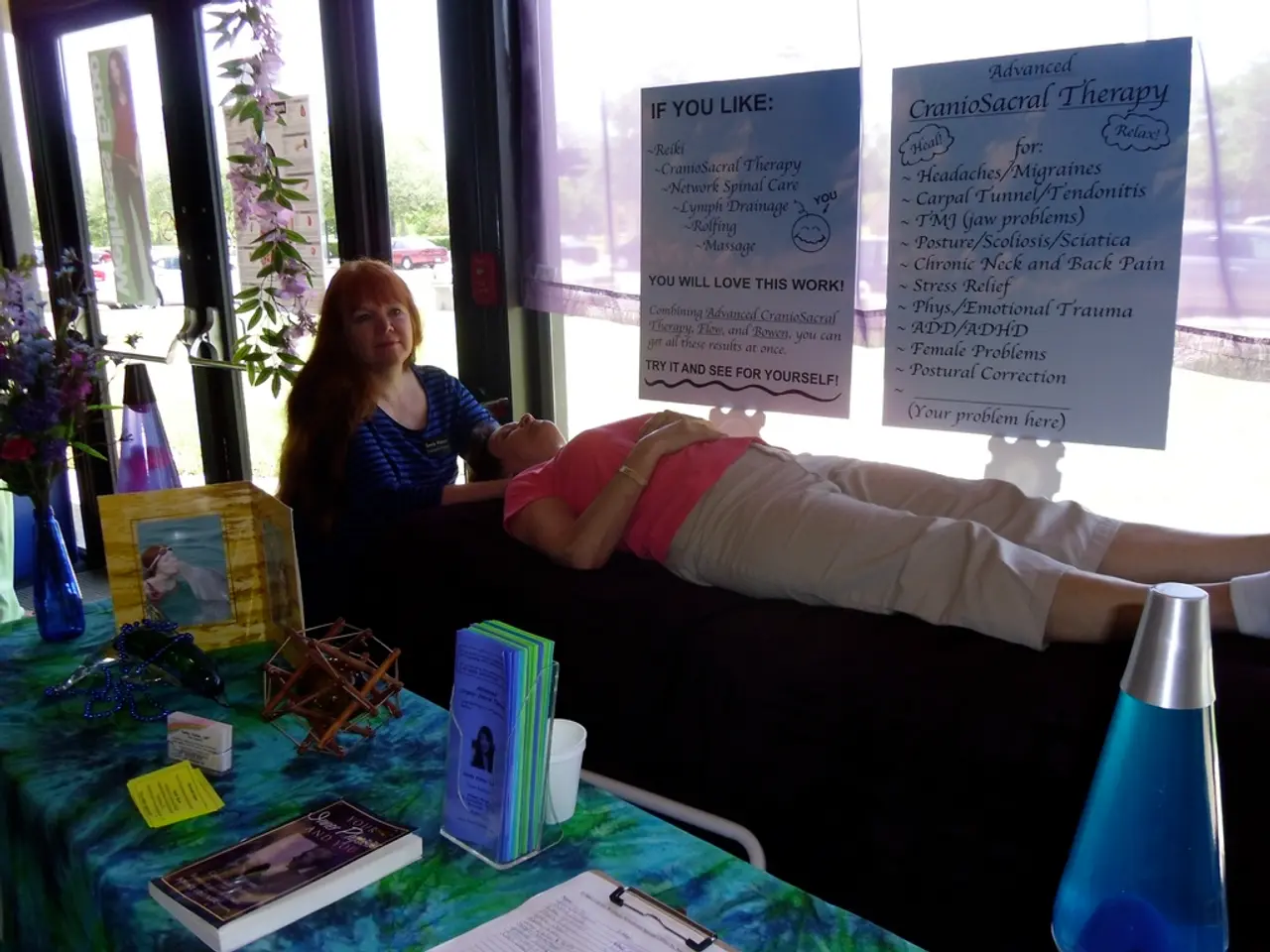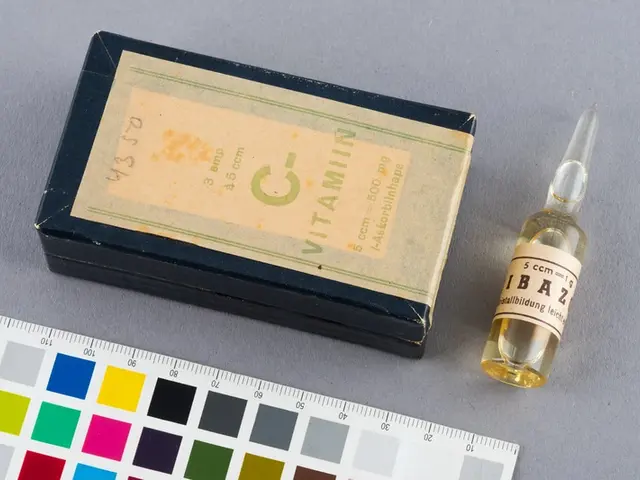Individuals Who Have Experienced These Ten Stressful Events Carry an Increased Health Risk by 80%, According to New Study
Childhood trauma, a term used to describe strong, frequent, and prolonged adversity experienced by children without adequate adult support, can have significant and long-lasting effects on a person's health and well-being.
The Adverse Childhood Experiences (ACEs) questionnaire is a tool used to identify and quantify these traumatic experiences. It measures exposure to different forms of abuse, neglect, and household dysfunction, including physical, emotional, and sexual abuse, physical and emotional neglect, parental separation or divorce, domestic violence, substance abuse, mental illness, and incarceration within the household.
The questionnaire assigns one point per category, resulting in scores typically ranging from 0 to 10. A higher ACE score is strongly associated with increased risks for poor physical health, mental illness, risky behaviors, and reduced life expectancy.
According to studies, 17% of adults will report four ACEs or more. Dr. Vincent Felitti, who published a study in 1995 about the link between health issues and adverse childhood experiences (ACEs), found that people who endured ACEs are 80% more likely to have health issues in adulthood.
Dr. Nadine Burke Harris, a pediatrician, former Surgeon General of California, and a researcher on the correlation between childhood trauma and health problems, has emphasized the serious impact of childhood trauma on health.
One individual who has experienced childhood trauma shared their journey to healing. They were diagnosed with Hashimoto's thyroiditis at the age of 12 and struggled with weight issues. However, they implemented practices such as EMDR therapy, regular sleep, meditation, exercise, protein coffee, journaling, EFT, stress reduction in career, vegetable gardening, and prioritizing safe relationships. These practices helped them manage their trauma and improve their health.
Fasting is not recommended for traumatized women, and it's crucial to seek help during a mental health crisis. If you or someone you know is experiencing a mental health crisis, help is available. You can call SAMHSA's National Helpline at 1-800-662-HELP (4357) or text "HELLO" to 741741 to be connected with the Crisis Text Line.
In conclusion, sleep, mental health, healthy relationships, exercise, nutrition, and mindfulness are critical for healing from childhood trauma. Scientifically proven therapies like EMDR can help the brain process and heal from traumatic memories. It's essential to prioritize self-care and seek help when needed to overcome the long-term effects of childhood trauma.
[1] Felitti, V. J., Anda, R. F., Nordenberg, D., Williamson, D. F., Spitz, A. M., Edwards, V., Koss, M. P., & Marks, J. S. (1998). Relationship of childhood abuse and household dysfunction to many of the leading causes of death in adults. The American journal of preventive medicine, 14(4), 245-258. [2] Burke Harris, N. (2018). The deepest well: Healing the long-term effects of childhood adversity. Knopf. [3] Anda, R. F., Felitti, V. J., Nordenberg, D., Williamson, D. F., Spitz, A. M., Edwards, V., Koss, M. P., & Marks, J. S. (1999). The relation of childhood abuse and household dysfunction to many of the leading causes of death in adults: The Adverse Childhood Experiences (ACE) study. American journal of preventive medicine, 16(4), 245-258. [4] Anda, R. F., Felitti, V. J., Nordenberg, D., Williamson, D. F., Spitz, A. M., Edwards, V., Koss, M. P., & Marks, J. S. (2000). The effects of early life stress on health and disease during the life course. American journal of preventive medicine, 18(6), 437-448.
- The Adverse Childhood Experiences (ACEs) questionnaire measures exposure to various forms of family trauma, including physical and emotional abuse, neglect, parental separation, domestic violence, substance abuse, mental illness, and incarceration within the household.
- A higher ACE score indicates a greater likelihood of developing mental health issues, chronic diseases, and poor physical health in adulthood.
- Dr. Nadine Burke Harris, a leading expert on the correlation between childhood trauma and health problems, advocates for prioritizing sleep, mental health, healthy relationships, exercise, nutrition, and mindfulness for healing from childhood trauma.
- Scientifically proven therapies like EMDR can help the brain process and heal from traumatic memories.
- Implementing practices such as EMDR therapy, regular sleep, meditation, exercise, protein coffee, journaling, EFT, stress reduction in career, vegetable gardening, and prioritizing safe relationships can help manage childhood trauma and improve health.
- Fasting is not recommended for traumatized women, and it's crucial to seek help during a mental health crisis. Resources such as SAMHSA's National Helpline (1-800-662-HELP) and the Crisis Text Line ("HELLO" to 741741) are available for those experiencing a mental health crisis.
- Studies show that approximately 17% of adults have experienced four or more ACEs, increasing their risks for poor physical health, mental illness, risky behaviors, and reduced life expectancy.




